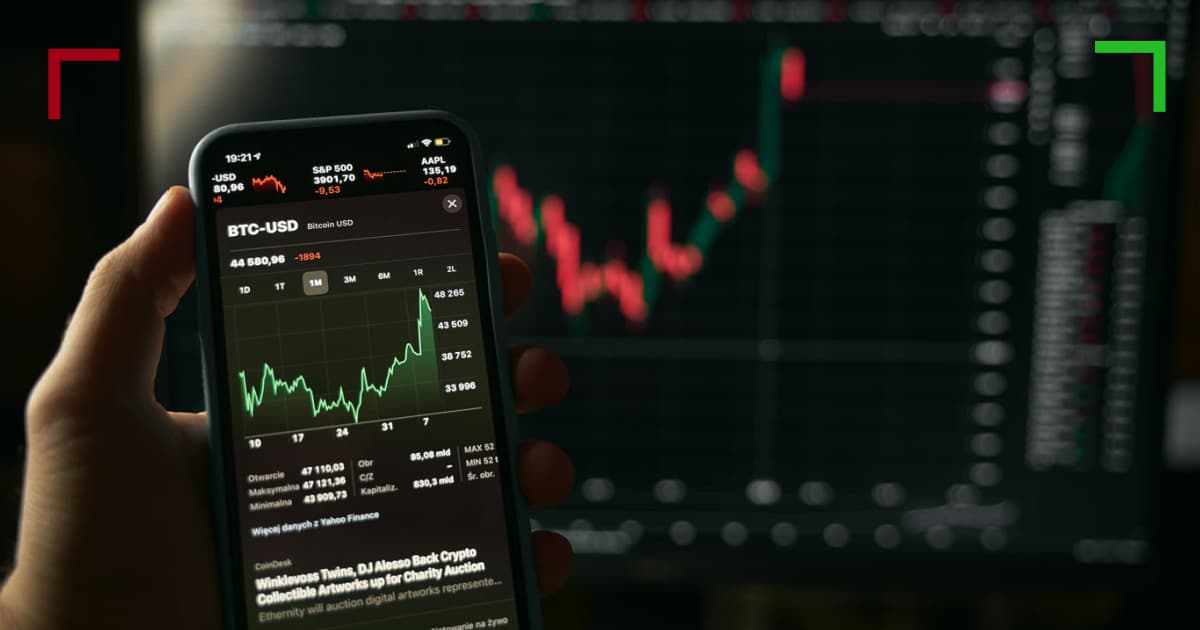
Optimizing Your Performance: The Importance of Crypto Trading Execution Speed
In the rapidly evolving world of cryptocurrency trading, execution speed becomes a defining factor between profit and loss. Crypto Trading Execution Speed click here Speed in executing trades is not just about technology; it’s a crucial element that can make or break a trader’s success. In this article, we delve into the significance of crypto trading execution speed, factors influencing it, and how traders can optimize their performance.
Understanding Execution Speed
Execution speed refers to the time taken from placing a trade to its completion. In the fast-paced crypto market, prices can fluctuate significantly within mere seconds. For traders, the difference in execution time can result in missing out on favorable prices or entering at unfavorable ones. High-frequency trading (HFT) firms have been leveraging technology to achieve execution speeds faster than most retail investors can match. However, understanding this concept is crucial for traders of all levels, as it can profoundly impact overall trading performance.
The Impact of Market Volatility

The cryptocurrency market is known for its extreme volatility. Prices can soar or plummet sharply, creating an unpredictable environment. In such a setting, execution speed is essential. Slow execution can lead to slippage, where a trade is executed at a less favorable price than expected, thus diminishing potential profits. Traders who rely on instant execution can react more effectively to market changes, capitalize on price movements, and manage risk more effectively.
Technology and Infrastructure
To achieve optimal execution speed, traders must consider their technological setup. This encompasses factors such as internet connection speed, trading platform performance, and the choice of trading strategy. Here are some considerations for enhancing execution speed:
- Invest in High-Speed Internet: A reliable and fast internet connection is fundamental. Any lag can delay trade execution and result in missed opportunities.
- Select a Reputable Trading Platform: Not all platforms offer similar execution speeds. Traders should research and select platforms known for reliability and speed.
- Use Direct Market Access (DMA): For serious traders, having direct access to markets can significantly reduce latency in order transmission, resulting in faster execution times.
Algorithmic Trading and Execution Speed
Algorithmic trading, which utilizes computer algorithms to execute trades at optimal prices, has revolutionized the crypto space. These algorithms can process vast amounts of data and execute trades in microseconds, a speed unattainable by human traders. By deploying algorithmic strategies, traders can enhance execution speed and react to market movements instantly. However, it’s essential to maintain and monitor these algorithms, as market conditions can change quickly, necessitating adjustments in strategy.

Measuring Execution Performance
For traders serious about their execution speed, measuring performance is crucial. Key performance indicators (KPIs) to track include:
- Latency: The delay between sending an order and its execution. This metric helps traders understand the efficiency of their trading setup.
- Slippage: The deviation from the expected price at which a trade is executed. High slippage can indicate poor execution speed or market volatility.
- Fill Ratio: This is the percentage of orders that are fully executed at the desired price. A low fill ratio can suggest issues with speed or liquidity.
Best Practices for Traders
To maximize the benefits of execution speed, traders should adopt the following best practices:
- Stay Informed: Keep abreast of market trends and technological advancements that affect execution speed. Knowledge is power in fast-moving markets.
- Use Limit Orders Wisely: While market orders ensure immediate execution, limit orders can offer more favorable prices. Understanding when to use each type is critical.
- Test Trading Strategies: Before implementing a new trading strategy, backtest it using historical data to understand its potential performance concerning execution speed.
Conclusion
In the competitive landscape of cryptocurrency trading, execution speed is not a mere technical detail; it is a fundamental aspect that can significantly affect trading outcomes. By investing in the right technology, employing efficient trading strategies, and measuring performance, traders can enhance their execution speed. Adapting to changes in market conditions while optimizing for speed will not only improve a trader’s performance but also instill greater confidence in executing trades in a volatile environment.


